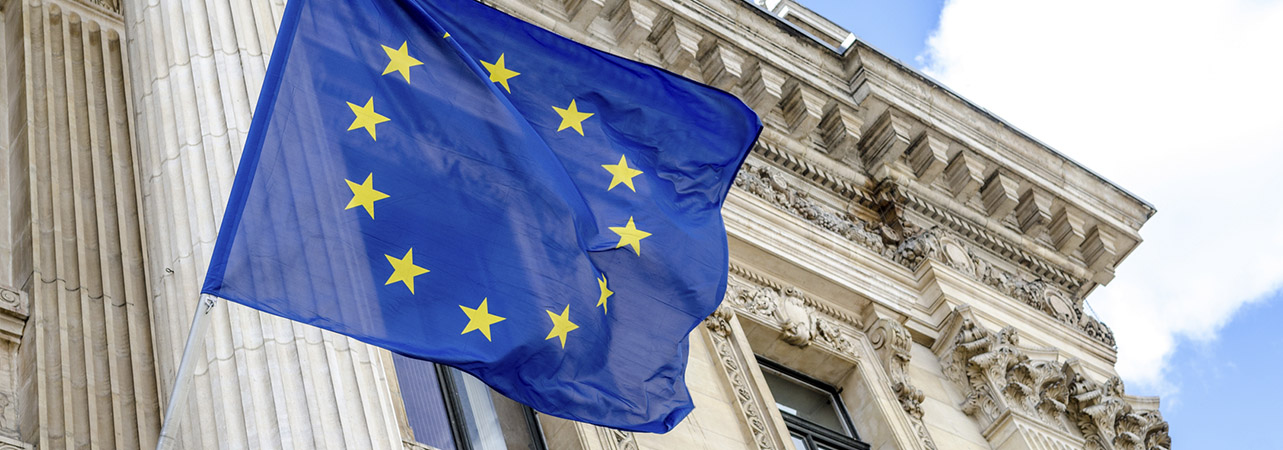European equity markets generally welcomed the news that the UK and EU had finally managed to thrash out a post-Brexit trade deal with only a week left before the end of the transition period.
- Rising infection rates led to tighter lockdown measures
- The ECB extended its stimulus measures
- The Bundesbank upgraded its forecasts for German growth
To view the series of market updates through December, click here
European equity markets generally welcomed the news that the UK and EU had finally managed to thrash out a post-Brexit trade deal with only a week left before the end of the transition period. President of the European Commission Ursula von der Leyen commented: “This was a long and winding road … now is the time to turn the page and look to the future”.
“Now is the time to turn the page and look to the future” (EC President Ursula von der Leyen)
Nevertheless, investor sentiment remained hostage to developments in the battle against the spread of Covid-19, and many European countries – including France, Germany, Italy, and the Netherlands – tightened restrictions in response to rising infection rates. During December, the Pfizer/BioNTech vaccine was approved for use across the EU by the European Medicines Agency (EMA). By the end of the year, the World Health Organisation (WHO) had reported over 26 million cases in Europe, with over half a million deaths confirmed. The Dax Index rose by 3.3% in December and posted an increase of 3.5% over 2020. Meanwhile, the CAC 40 Index rose by 0.6% in December and fell by 7.1% during 2020, and Italy’s FTSE MIB Index climbed by 0.8% over the month but declined by 5.4% over the year.
The European Central Bank (ECB) expanded its programme of stimulus measures and increased lending to banks that continue to extend loans to businesses and households. Policymakers believe that uncertainty is likely to remain high; nevertheless, the roll-out of vaccinations is expected to achieve a gradual resolution of the current health crisis, although further outbreaks cannot be ruled out.
The Bundesbank upgraded its forecasts for Germany’s economic expansion and now expects a “sharp rebound in GDP after the final quarter of 2020 and the first quarter of 2021”, boosted by easing restrictions underpinned by vaccine rollouts and improving consumption opportunities. The central bank expects the German economy to contract by 5.5% this year, compared with an earlier projection of -7.1%; for 2021, it adjusted its growth predictions from 3.2% to 3%; in 2022, growth is forecast to accelerate to 4.5%, compared to an earlier forecast of 3.8%. Inflation is expected to pick up in 2021, driven by the reversal of a temporary cut in value added tax (VAT) rates, but is then set to ease: by 2023, Germany’s inflation rate is tipped to reach just over 1.5%, which is below the ECB’s target of almost 2%.
A version of this and other market briefings are available to use in our newsletter builder feature. Click here






